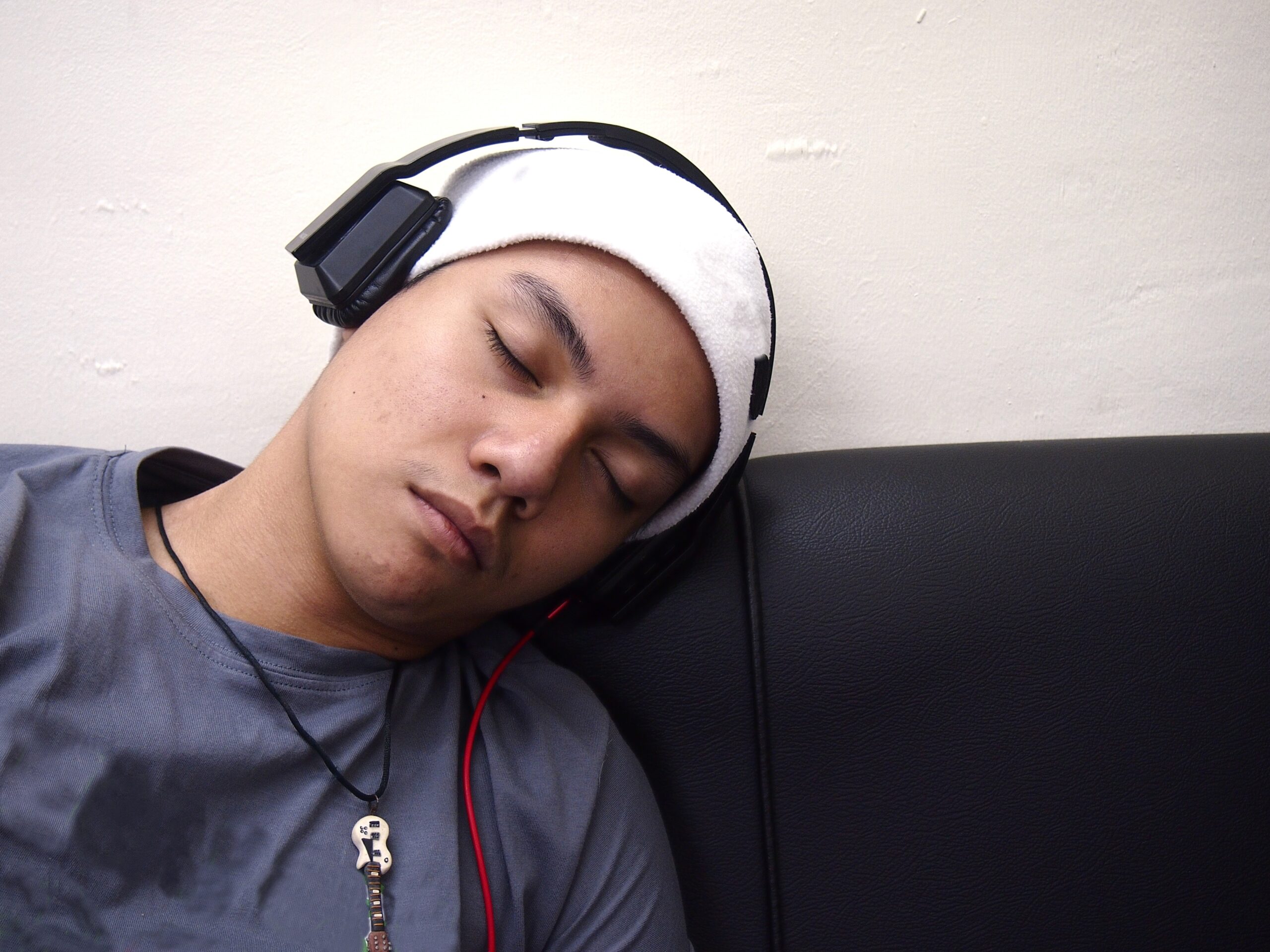
AdobeStock by junpinzon
<h2><span data-contrast="auto">In an op-ed released in </span><i><span data-contrast="auto">The New Zealand Medical Journal</span></i><span data-contrast="auto">, researchers are calling for school starts to be pushed back to 9:45 am for Year 12 and 13 students. </span><span data-ccp-props="{";201341983";:0,";335559739";:160,";335559740";:259}"> </span></h2>
<p><span data-contrast="auto">Professor Barbara Galland, a member of the School Start Time Study Advisory Group said that teenagers as a whole are “very sleep-deprived because their sleep biology changes around puberty.” This statement is backed up by </span><a href="https://www.nature.com/articles/s41598-022-06209-4" target="_blank" rel="noopener"><span data-contrast="none">research</span></a><span data-contrast="auto"> that shows “teenagers’ internal circadian phase markedly delays”.</span><span data-ccp-props="{";201341983";:0,";335559739";:160,";335559740";:259}"> </span></p>
<p><span data-contrast="auto">This means teenagers tend toward later bedtimes and later morning starts. With current standard school start times, teens can become “chronically sleep deprived,” says Galland. A start time of 9:45 am would mean an extra half-hour for most students, which Galland says is a “considerable amount” when added across the week. </span><span data-ccp-props="{";201341983";:0,";335559739";:160,";335559740";:259}"> </span></p>
<p><span data-contrast="auto">Although younger students would also benefit from later start times, Galland and the group say they’re hesitant to recommend the measure for younger students as it could mean they would be left home alone.</span><span data-ccp-props="{";201341983";:0,";335559739";:160,";335559740";:259}"> </span></p>
<p><span data-contrast="auto">According to a </span><a href="https://www.stuff.co.nz/national/education/130998340/school-start-times-too-early-for-sleephungry-teens--researchers-say" target="_blank" rel="noopener"><i><span data-contrast="auto">Stuff</span></i></a><span data-contrast="auto"> article, 40 percent of teenagers in New Zealand report sleeping less than the recommended 8 to 10 hours, and 57percent say their sleep isn’t of great quality. </span><span data-ccp-props="{";201341983";:0,";335559739";:160,";335559740";:259}"> </span></p>
<p><span data-contrast="auto">According to the Health NZ website, “getting enough quality sleep supports health brain function&#8230; in children and teenagers, sleep is important for growth and development.</span><span data-ccp-props="{";201341983";:0,";335559739";:160,";335559740";:259}"> </span></p>
<blockquote>
<p><span data-contrast="auto">“Insufficient or poor-quality sleep can affect how you think, react, work and learn, as well as your relationships with others. Ongoing poor sleep can also increase your risk of some chronic health conditions.” </span><span data-ccp-props="{";201341983";:0,";335559739";:160,";335559740";:259}"> </span></p>
</blockquote>
<p><span data-contrast="auto">Research on the subject has shown that insufficient sleep can lead to metabolic, cardiovascular and inflammatory issues, as well as depression, emotional disregulation and substance use.</span><span data-ccp-props="{";201341983";:0,";335559739";:160,";335559740";:259}"> </span></p>
<p><a href="https://www.nature.com/articles/s41598-022-06209-4" target="_blank" rel="noopener"><span data-contrast="none">One international study</span></a><span data-contrast="auto"> showed that a flexible start-time system shows “clear subjective psychological benefits in several domains,” including improved grades, better concentration and higher motivation in school. </span><span data-ccp-props="{";201341983";:0,";335559739";:160,";335559740";:259}"> </span></p>
<p><span data-contrast="auto">However, not everyone supports the call for later start times, as it may lead to practical issues such as clashes with extracurricular activities, and a need to compensate for missed school at the end of the day. </span><span data-ccp-props="{";201341983";:0,";335559739";:160,";335559740";:259}"> </span></p>
<p><span data-contrast="auto">Wellington High School, which used to have later starts, has recently reverted to a standard start time of 8:45 am. Principal Dominic Killalea said that “there were a lot of other factors working against us, including many students who didn’t want a later start”. </span><span data-ccp-props="{";201341983";:0,";335559739";:160,";335559740";:259}"> </span></p>
<p><span data-contrast="auto">Practicality of later start times and attitudes toward the initiative are one factor that the School Start Time Study Advisory Group want to understand better in the New Zealand context. For that reason, they’re encouraging the public to fill out a series of surveys. </span><span data-ccp-props="{";201341983";:0,";335559739";:160,";335559740";:259}"> </span></p>
<p><span data-contrast="auto">Teachers and Principals/Tumaki have their own dedicated survey on </span><a href="https://www.facebook.com/Otago.Sleep.Research/" target="_blank" rel="noopener"><span data-contrast="none">their Facebook page</span></a><span data-contrast="auto">, where participants can go in the draw to win one of three $100 Prezzy cards. </span><span data-ccp-props="{";201341983";:0,";335559739";:160,";335559740";:259}"> </span></p>

Curriculum rewrites at the Ministry of Education are struggling with a lack of clarity, according…
Opportunities are critical for preteens to build confidence and capability, says Chisnallwood Intermediate, acclaimed for…
AI detection tools are trained on native English users, which could create bias.
Opinion: Why the Minister’s announcement on open-plan classrooms distracts from what really matters in education.
Positive wellbeing means resilient communities and effective learning.
A new campaign from the Teaching Council of Aotearoa New Zealand aims to lift the…
This website uses cookies.